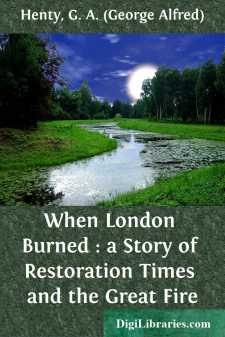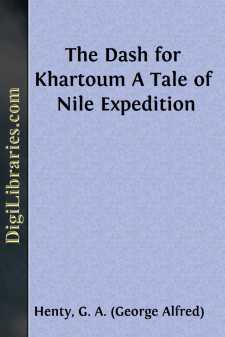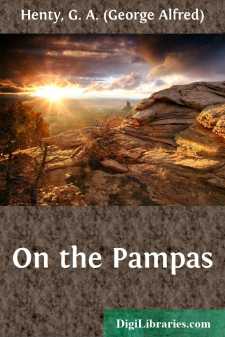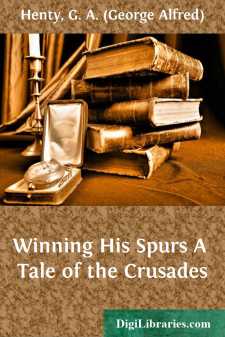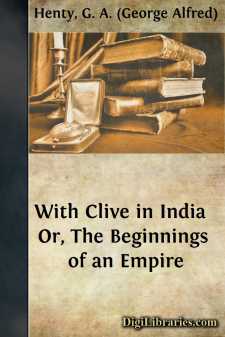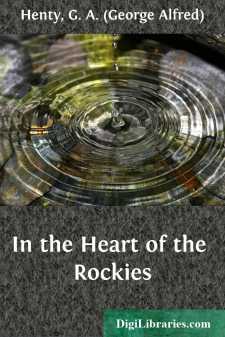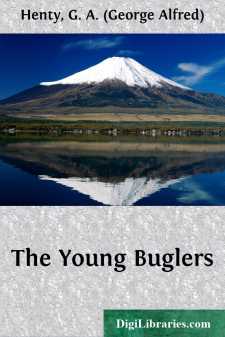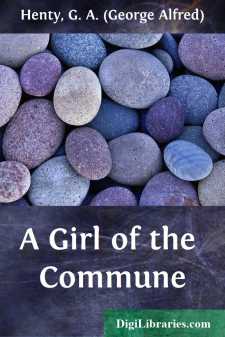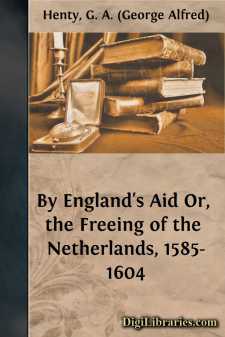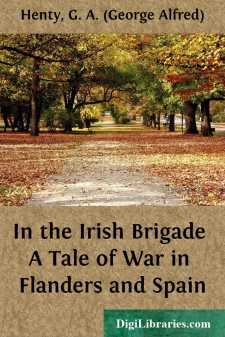Categories
- Antiques & Collectibles 13
- Architecture 36
- Art 48
- Bibles 22
- Biography & Autobiography 813
- Body, Mind & Spirit 142
- Business & Economics 28
- Children's Books 15
- Children's Fiction 12
- Computers 4
- Cooking 94
- Crafts & Hobbies 4
- Drama 346
- Education 46
- Family & Relationships 57
- Fiction 11828
- Games 19
- Gardening 17
- Health & Fitness 34
- History 1377
- House & Home 1
- Humor 147
- Juvenile Fiction 1873
- Juvenile Nonfiction 202
- Language Arts & Disciplines 88
- Law 16
- Literary Collections 686
- Literary Criticism 179
- Mathematics 13
- Medical 41
- Music 40
- Nature 179
- Non-Classifiable 1768
- Performing Arts 7
- Periodicals 1453
- Philosophy 64
- Photography 2
- Poetry 896
- Political Science 203
- Psychology 42
- Reference 154
- Religion 513
- Science 126
- Self-Help 84
- Social Science 81
- Sports & Recreation 34
- Study Aids 3
- Technology & Engineering 59
- Transportation 23
- Travel 463
- True Crime 29
When London Burned : a Story of Restoration Times and the Great Fire
Description:
Excerpt
CHAPTER I
FATHERLESS
Lad stood looking out of the dormer window in a scantily furnished attic in the high-pitched roof of a house in Holborn, in September 1664. Numbers of persons were traversing the street below, many of them going out through the bars, fifty yards away, into the fields beyond, where some sports were being held that morning, while country people were coming in with their baskets from the villages of Highgate and Hampstead, Tyburn and Bayswater. But the lad noted nothing that was going on; his eyes were filled with tears, and his thoughts were in the little room behind him; for here, coffined in readiness for burial, lay the body of his father.
Sir Aubrey Shenstone had not been a good father in any sense of the word. He had not been harsh or cruel, but he had altogether neglected his son. Beyond the virtues of loyalty and courage, he possessed few others. He had fought, as a young man, for Charles, and even among the Cavaliers who rode behind Prince Rupert was noted for reckless bravery. When, on the fatal field of Worcester, the last hopes of the Royalists were crushed, he had effected his escape to France and taken up his abode at Dunkirk. His estates had been forfeited; and after spending the proceeds of his wife's jewels and those he had carried about with him in case fortune went against the cause for which he fought, he sank lower and lower, and had for years lived on the scanty pension allowed by Louis to the King and his adherents.
Sir Aubrey had been one of the wild, reckless spirits whose conduct did much towards setting the people of England against the cause of Charles. He gambled and drank, interlarded his conversation with oaths, and despised as well as hated the Puritans against whom he fought. Misfortune did not improve him; he still drank when he had money to do so, gambled for small sums in low taverns with men of his own kind, and quarrelled and fought on the smallest provocation. Had it not been for his son he would have taken service in the army of some foreign Power; but he could not take the child about with him, nor could he leave it behind.
Sir Aubrey was not altogether without good points. He would divide his last crown with a comrade poorer than himself. In the worst of times he was as cheerful as when money was plentiful, making a joke of his necessities and keeping a brave face to the world.
Wholly neglected by his father, who spent the greater portion of his time abroad, Cyril would have fared badly indeed had it not been for the kindness of Lady Parton, the wife of a Cavalier of very different type to Sir Aubrey. He had been an intimate friend of Lord Falkland, and, like that nobleman, had drawn his sword with the greatest reluctance, and only when he saw that Parliament was bent upon overthrowing the other two estates in the realm and constituting itself the sole authority in England. After the execution of Charles he had retired to France, and did not take part in the later risings, but lived a secluded life with his wife and children....


